AARP Hearing Center
As part of celebrating Black History Month, AARP New York asked elected officials from around the state to share their stories about why they decided to run for office, why it’s important to celebrate Black History Month, and what New Yorkers age 50-plus can do to get involved in local and state public policy. The legislators and their responses are below.
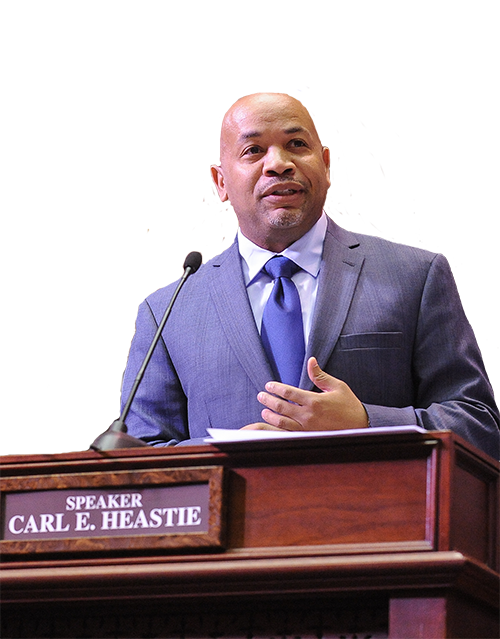
1. Carl E. Heastie: Speaker of the New York State Assembly
- Why did you initially run for office?
Like many other public servants, I first ran for office in 2000 because I wanted to make a difference in my community. When I decided to seek the speakership in 2015, I saw an opportunity to do even more for my community. I knew as the first Black man to serve as speaker of the New York State Assembly, the stakes would be even higher. I would be giving people of color a seat at the table – a seat that comes with the privilege of influencing the direction of legislation and policy that will affect New Yorkers for generations to come. I never take that for granted.
- Why is it important that we celebrate Black History Month?
Black history is American History. For too long history was whitewashed and the contributions of Black people were overlooked and underappreciated. No matter how far we have come, this month reminds us to reflect and celebrate our accomplishments.
- How can Black New Yorkers 50-plus make a difference in public policy?
While I always appreciate fresh ideas and new perspectives, older Black New Yorkers, particularly those older than 50, have lived through many of our hard-fought gains. It has been less than 60 years since the passage of the Civil Rights Act, which reminds us all that history was not that long ago.
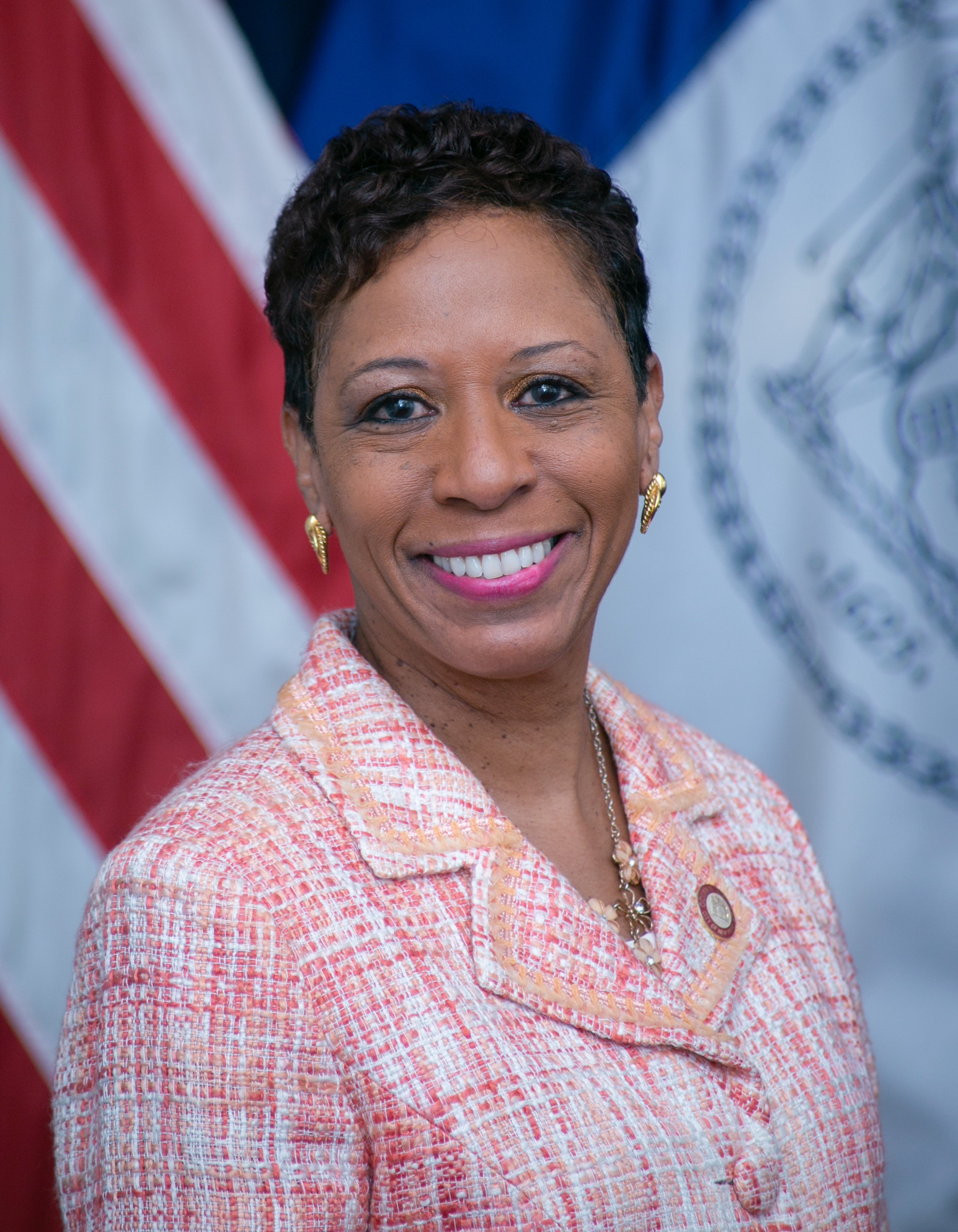
2. Adrienne E. Adams: Speaker of the New York City Council
- Why did you initially run for office?
I was raised in Hollis, Queens, as the daughter of union workers. After a career of working in the private sector in executive training, human capital management, and child development training, I entered public service first by joining Queens Community Board 12, the second largest board in the borough. After serving as Chair of the Education Committee, I was elected to three terms as Chair of Queens CB12, focusing on improving the quality of life in Southeast Queens, education equity, and advancing economic opportunities. I ran for elected office in 2017 to continue serving my community and became the first woman to represent District 28 in the New York City Council. As the first Black Speaker of the City Council, I remain more committed than ever to making New York a safer, healthier, and better city for all.
- Why is it important that we celebrate Black History Month?
Black History Month is a time to celebrate, reflect, and commemorate the achievements and contributions of Black people. It serves as an opportunity to learn from and pay tribute to leaders who helped pave the way for us to be here today, while also looking ahead to the work that we must do to create a brighter future. Black history is American history, and we must ensure that we teach this history to our students so they can be prepared to continue the fight for justice and equity.
- How can Black New Yorkers 50 plus make a difference in public policy?
Black New Yorkers 50 and older can make a difference by remaining involved in their local community, civic, and advocacy organizations. By speaking up on policy issues, sharing their deep well of knowledge, and being civically engaged, older New Yorkers can make their voices heard on the policies that impact everyone. We must provide community members with the ability to thrive as they age through robust funding, services, and resources, because our elders are the jewels of our communities.
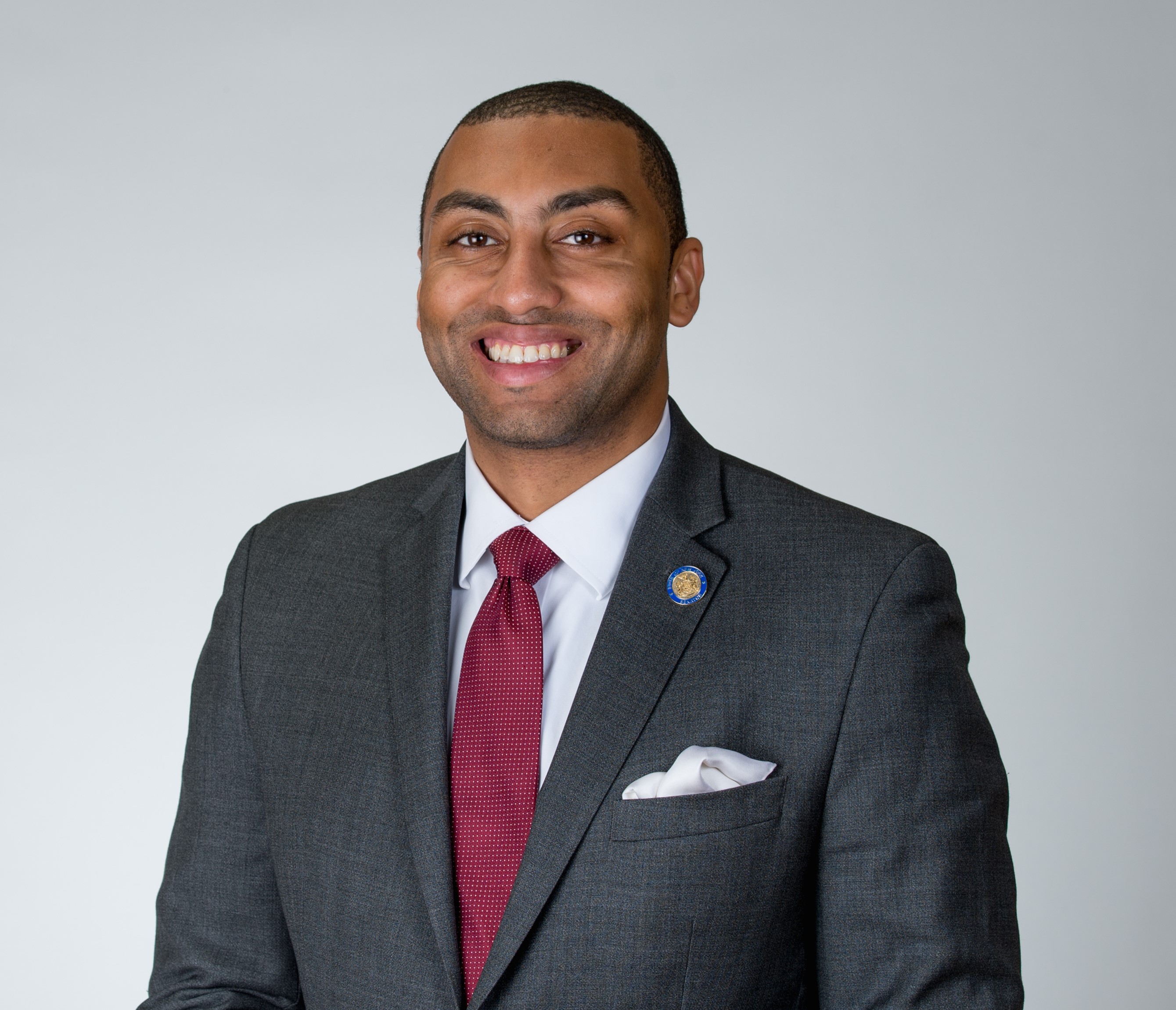
3. Senator Jamaal T. Bailey: 36th State Senate District
- Why did you initially run for office?
I ran to create a better future for my community. Before I’m a State Senator, I’m a kid from the Bronx first. Having lived in the community my whole life, I’ve seen not only the struggles my neighbors face, but the tremendous power of working together to create positive change. My family and my community made me into the person I am today, and I take that with me into everything I do. There’s nothing more humbling than being able to serve the community I grew up in and affect change on a real level through this work, on issues like education, criminal justice reform, food insecurity, and gun violence. There’s so much good work already happening here, but I know we still have a lot of work to do. I want to see our families continue to prosper and thrive, access greater opportunity, and get the investment and resources we deserve.
- Why is it important that we celebrate Black History Month?
Black history is woven into the fabric of America’s past, present, and future. Our history is living and evolving all the time. We celebrate this month to reflect on how far we’ve come, and how far we still must go. We must confront our past, so we are not doomed to repeat it. Black history is about elevating stories that tell not only our pain and struggles, but our greatness, ingenuity, strength, and triumphs. As a Black legislator, I celebrate my great, great, great grandmother Sylvia Richardson-Holder, who was born into slavery, and whose freedom allows me to do what I do today. I think about the significance of serving alongside Senate Majority Leader Andrea Stewarts-Cousins, the first Black woman to lead a legislative conference in the state of New York, and Speaker Carl Heastie, the first Black Speaker of the New York State Assembly, in whom we can celebrate living history. I celebrate my young daughters Giada and Carina, who are my inspiration every single day.
- How can Black New Yorkers 50 plus make a difference in public policy?
"Change does not roll in on the wheels of inevitability, but comes through continuous struggle.” - Reverend Dr. Martin Luther King Jr.
The work of change has never been automatic – it is difficult, persistent, and ongoing. We can honor this continuous struggle by remembering the history we come from and staying involved. As state legislatures across the country are making it harder to vote, I’m proud to be part of a majority conference that is working to protect and expand this sacred right. Our voices matter. It is incumbent on all of us to exercise the power of our vote because someone who couldn't, fought for it.
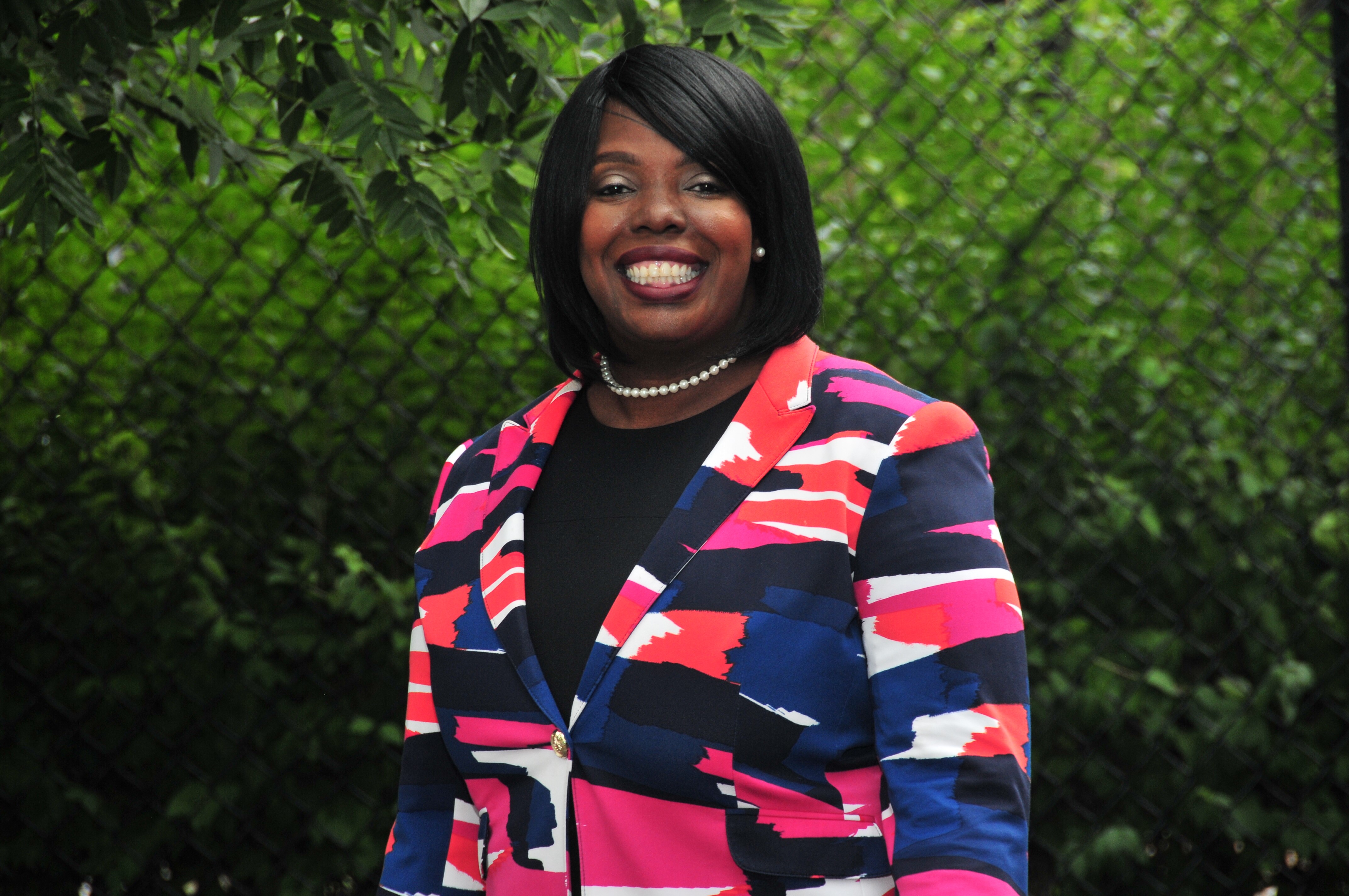
4. Assemblywoman Latrice Walker: 55th State Assembly District
- Why did you initially run for office?
I ran for office because I wanted to help the people in the community where I was born and raised. When the assembly seat opened up, people in the neighborhood called me - they also called my mother’s home - and encouraged me to run. I had already been to law school and I worked for other campaigns. So, it was a natural progression for me to seek statewide office. It was my time.
- Why is it important that we celebrate Black History Month?
Stories of Black achievement in areas from medicine to politics are often left out of the narrative of American and world history. The celebration of Black achievement gives confidence to young people, particularly in African American communities, shining rays of hope for what’s possible. It also connects us to our ancestors. As Marcus Garvey once said, “A people without the knowledge of their past history, origin, and culture is like a tree without roots.”
- How can Black New Yorkers 50 plus make a difference in public policy?
Public policy is not a spectator sport and it has no age limit. Older Black New Yorkers can make a difference just like anyone else. Call your local and state representatives and let them know what issues are important to you. Organize. Spread wisdom. Vote.
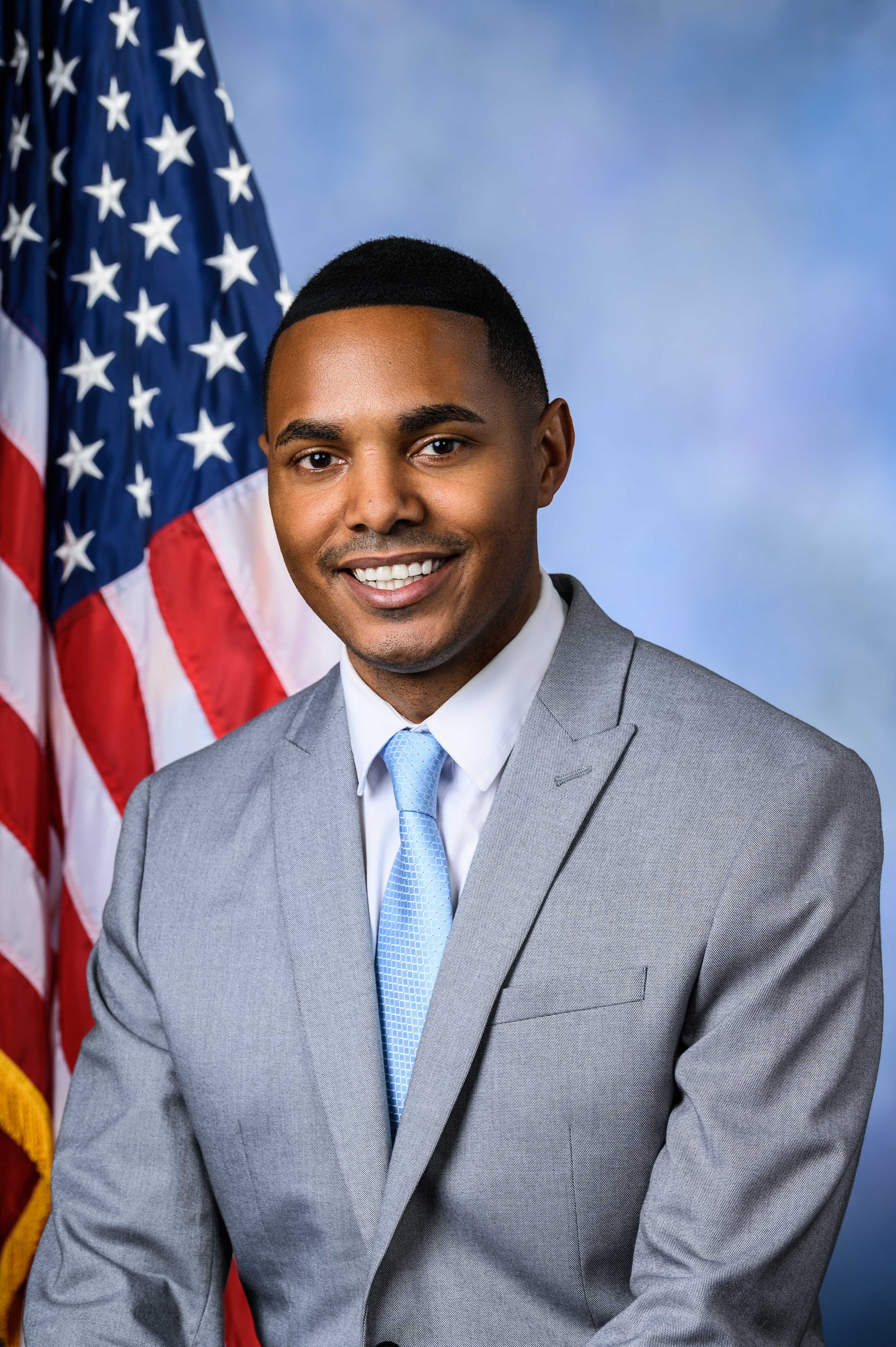
5. Representative Ritchie Torres: 15th District (South Bronx)
- Why did you initially run for office?
I grew up in public housing, which in New York City has been deeply underfunded and starved for resources by the federal government. As the conditions of my home got worse, I watched the government invest over $100 million dollars to construct a golf course across the street in honor of Donald Trump. I remember thinking to myself what does this say about our society, that we are willing to invest more in a golf course than in the homes and the lives of low-income Black and Brown New Yorkers? I first decided to run for City Council in 2013 to advocate for low-income Black and Brown New Yorkers who weren’t being fought for.
As an openly gay Afro-Latino man raised by a single mother, I do not fit into the typical profile of a member of Congress. But what I do bring to the table is the wisdom of lived experience. I never thought I would embark on a journey that would take me from public housing in the Bronx to the House of Representatives in Washington DC, so I hope to stand as an example of what is possible in America.
- Why is it important that we celebrate Black History Month?
Black History Month is an opportunity to celebrate the impact and contributions of the African diaspora and Black community on our country. It is a moment to teach about racial injustice and to challenge stereotypes. This month my office is celebrating Black History Month by supporting legislation that seeks to close the racial wealth gap and improve education opportunities for the Black community. By highlighting and celebrating Black History, we hope to show young Black individuals the impact people who look like them have had and continue to have on American society. At the end of the day, Black history is American history.
- How can black New Yorkers 50 plus make a difference in public policy?
Participating in the democratic process is key to affecting policy change. For far too long, Black Americans have been disenfranchised from engaging with the political system. Voting is the most powerful mechanism for enacting public policy change. Research the issues that matter to you, learn about the candidates, and vote at all levels of office. Oftentimes the policies with the most visible impact on daily life are formed or implemented at the local level. I encourage everyone to write to your elected official, participate in peaceful protest, and hold your representatives accountable. Making a difference in public policy means engaging with the process and the people who make it.
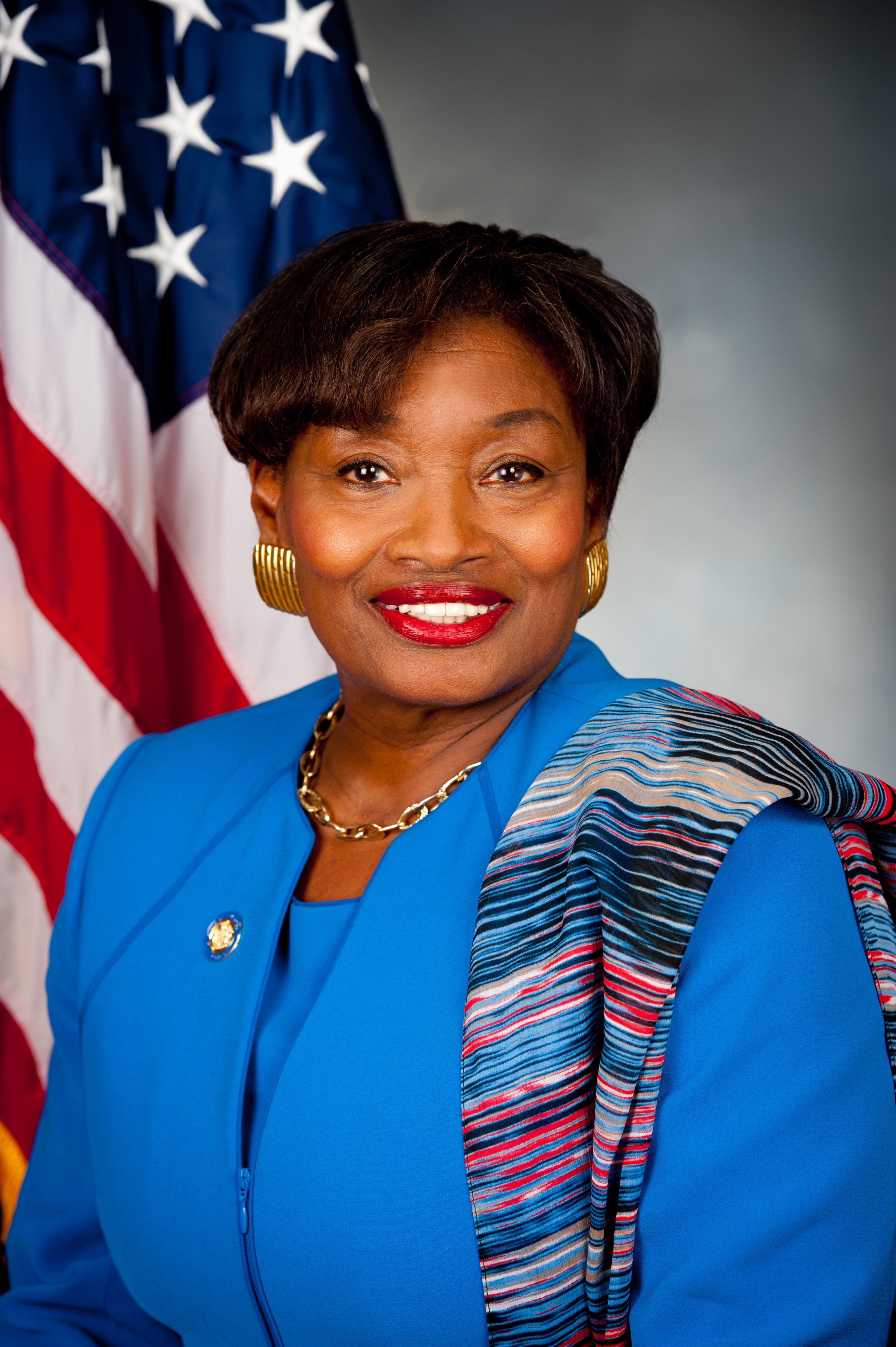
6. Andrea Stewart-Cousins: Majority Leader of the New York State Senate
- How can Black New Yorkers 50-plus make a difference in public policy?
Everyone in New York has a role to play in public policy. Older adults have undeniable clout as the age group most likely to vote; thus, they play a key role in shaping public policy. It's important that they continue to advocate on key issues for themselves and for future generations to come. Beyond voting, it's also important to be active year round: volunteer, attend rallies, join groups and reach out to lawmakers. AARP is an example of a good organization to be involved in.
- Why did you initially run for office?
As a young mother in New York City, I protested changes to daycare subsidies that would have left me unable to work and feed my son had I not had help from my mother. After I moved to Yonkers, I volunteered for the only mayoral candidate who supported a court ruling to desegregate the city’s public schools. The candidate won and asked me to join his administration as the director of community affairs. I was the first woman and woman of color to hold this position, and it was my job to bring the city back together after this divisive period. It was then that I realized how our government can create and remove obstacles, whether it be because of race, ethnicity, religion, socioeconomics, gender, etc. With that in mind, in 1995 I ran against an incumbent on the Westchester County Board of Legislators, winning both the primary and the general election. After being elected, I went on to author the first human rights law in Westchester County.
- Why is it important that we celebrate Black History Month?
Dr. Carter Woodson, the creator of Black history week in 1926, believed that equality for African-Americans would be achieved by making available information and education about our contributions to the country and the world.
This concept is no less important today, as we underscore that Black history is American history, and its accurate portrayal helps build self esteem of African-Americans, while unifying all Americans in celebration of the importance of the many contributions to an increasingly diverse country and world.
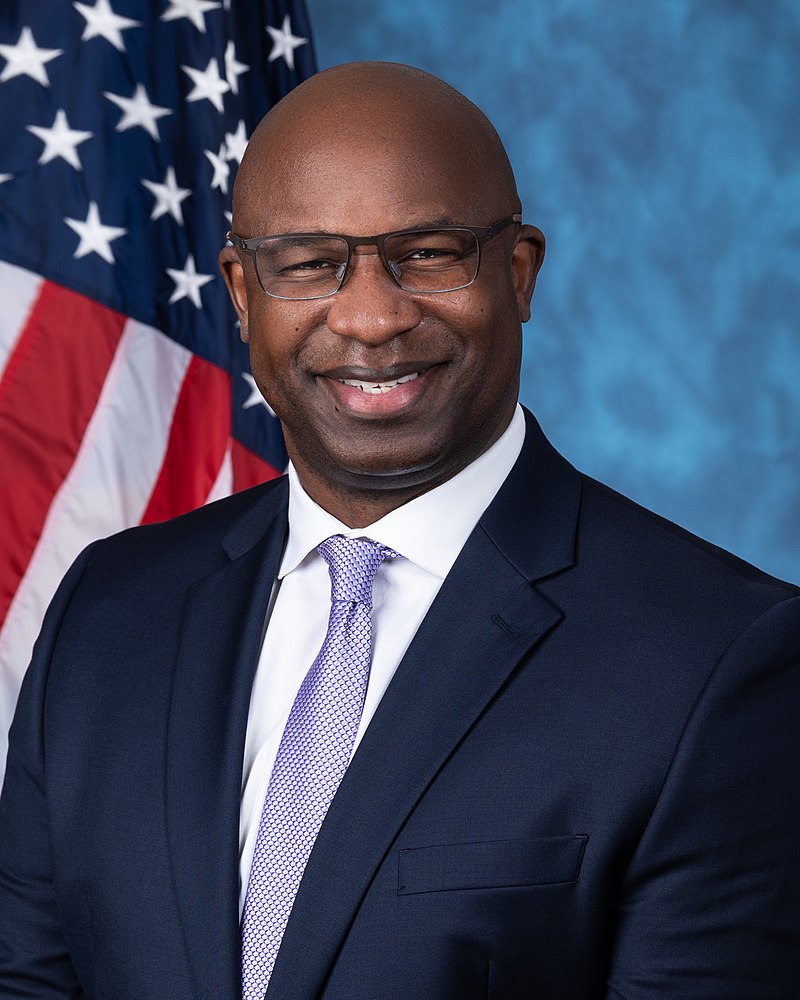
7. Congressman Jamaal Bowman: 16th Congressional District
- Why did you initially run for office?
I initially ran for office because I wanted to advocate for our children, their families and our communities in the NY-16 that also reflect communities across the country. I believe that elected officials should center children in every political agenda, and I want to make sure that happens. I fought for teachers, students, and families for twenty years before running for office. I worked with the opt-out movement, was a committee member for NYSAPE, was a member of the New York State Early Childhood Ribbon Committee, and even funded Cornerstone Academy for Social Action — an innovative public school with a strong emphasis on student’s voice, holistic education, cultural awareness, and love. Through all this work, I began to see first-hand the shortcomings in our education system and how they affected underserved families. As an advocate and principal, I saw how education goes hand in hand with other issues like poverty, housing insecurity, our mental health crisis, the immigration system, the school to prison pipeline, food insecurity, and other trauma-filled environments. I couldn’t stand on the sidelines anymore; I wanted to be part of the decision-making process of policies that affect our communities.
- Why is it important that we celebrate Black History Month?
There are people out there that are doing everything in their power to erase Black history, and we must not let them win. We cannot move forward as a nation until we acknowledge and confront the reality of our past. That is why we must celebrate Black History not only during Black History month but every day. This month is about recognizing and uplifting the resiliency, impact, and brilliance that Black people have in this country. We must make sure that our kids in schools — the next generation of leaders — know the truth about the history of our country so that we can move forward together. The future of our country depends on not repeating the mistakes of the past, but we must know what those mistakes are to avoid them. Our democracy depends on all of us, every American, knowing ALL of their history. Black history is American history.
- How can black New Yorkers 50 plus make a difference in public policy?
Black New Yorkers 50 plus can make a difference in public policy by making their voice heard, showing up, spreading love, and educating and investing in the next generation. The best way to make your voice heard and make sure elected officials know you’re present and involved — is voting every election cycle. Day to day in congress, I am still fighting for the John Lewis Voting Rights Act to be passed, but we can’t let that discourage us. We must still show up to the ballot despite every obstacle they put in front of us. Your voice, vote, and presence matter and make a difference. Secondly, spread love within our community and to our brothers and sisters. Showing up for each other during hard times like the ones we’ve had during COVID can help set an example for the country. Lastly, bring your grandchildren, nieces, nephews, or your neighbors to events. As a Black New Yorker, 50 plus, you can ensure our voices are not only heard now but beyond by investing money, time, and energy to make sure the next generation is involved. Show them how important it is to be actively present in the democratic process and how hard we have fought to have these rights. Most importantly, believe in them and their potential. As a community we can pour into each other and make sure elected officials, like myself, meet the moment and needs of our community so that we can collectively grow and prosper.
To learn what else AARPNY is doing in honor of Black History Month, click here
Connect with us on our social media channels to learn more about AARPNY and upcoming virtual events: Facebook | Twitter | Instagram | YouTube | LinkedIn































































